১০ ফাল্গুন ১৪৩২
More U.S. Scientists Moving to China Amid Funding Cuts
29 September 2025 18:09 PM
NEWS DESK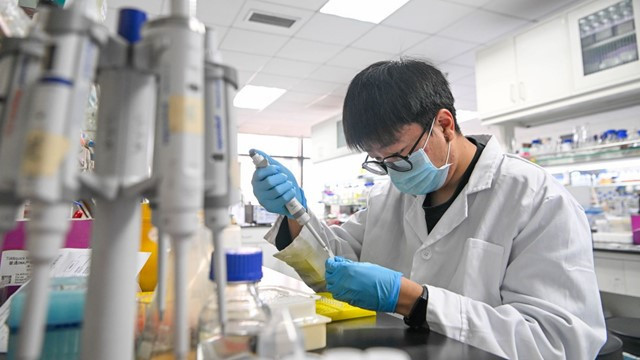
An increasing number of American scientists are relocating to Chinese universities and research institutions, with over 85 U.S.-based researchers having made the move since the start of 2024, according to a recent CNN survey. More than half of them relocated just this year.
Experts attribute this growing trend to significant research funding cuts under President Donald Trump's administration, as well as rising visa costs for international students. In contrast, China’s heavy investment in science and technology is offering foreign researchers attractive incentives and stable working conditions.
This shift is raising alarm bells in the U.S., where post-WWII dominance in science and innovation has long depended on attracting top global talent. Beijing is now emerging as a strong challenger, particularly in high-stakes fields like artificial intelligence (AI), quantum computing, semiconductors, biotechnology, and defense technologies.
China has been actively working to attract foreign scientists—especially those of Chinese origin with U.S. degrees. The urgency has grown as Washington tightens controls on tech exports. President Xi Jinping has repeatedly emphasized that indigenous innovation is vital to China’s economic and national security.
Recently, China introduced a new category of “K Visa” for foreign researchers and launched additional research grant programs. Universities are offering generous support, including large research grants, housing assistance, family benefits, and fast-tracked funding—especially in AI, robotics, cybersecurity, and semiconductor sectors.
Yu Shi, a Princeton sociologist, told CNN after visiting several Chinese institutions that U.S. policy shifts have ironically benefited China: “What’s being seen as restrictions in the U.S. are being viewed as opportunities in China.”
Lu Wuyuan, a former University of Maryland professor now working in protein chemistry at Shanghai’s Fudan University, noted a visible increase in applications from abroad. “This trend is strong—and likely irreversible,” he said.
Liu Jun, a statistician at Tsinghua University, added that even without centralized government programs, individual departments are proactively recruiting foreign colleagues.
Meanwhile, U.S. authorities remain skeptical. Washington has previously accused China of using such talent programs to acquire foreign technology. The now-defunct “China Initiative,” launched during Trump’s first term, came under fire for racial profiling but was originally aimed at combating intellectual property theft.
Research suggests that the China Initiative contributed to a 75% increase in the number of Chinese-origin scientists leaving the U.S., two-thirds of whom returned to China.
Just three decades ago, China lagged behind in science and technology. But by 2023, the country had spent $780 billion on R&D—nearly matching the U.S.’s $823 billion investment.
President Xi has pledged to make China a global leader in science and technology by 2035. Progress is already evident in lunar missions, quantum communication, renewable energy, and hypersonic missile development.
Scientists warn that stable funding and a peaceful research environment are critical to innovation. If the U.S. continues to slash research budgets, it risks losing top minds not just to China, but also to Europe and beyond.





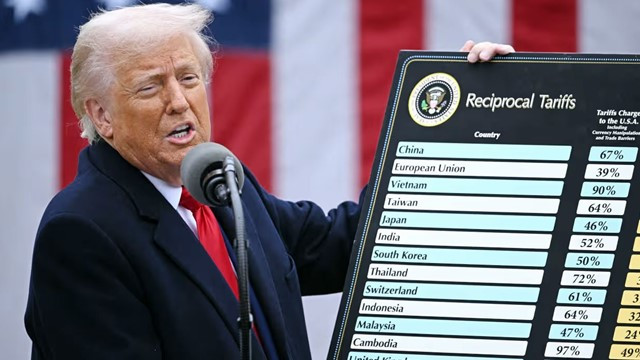








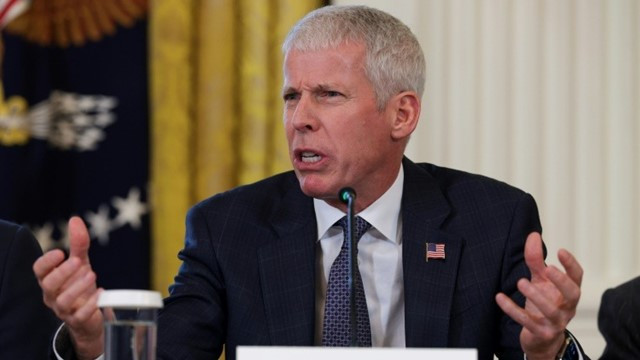

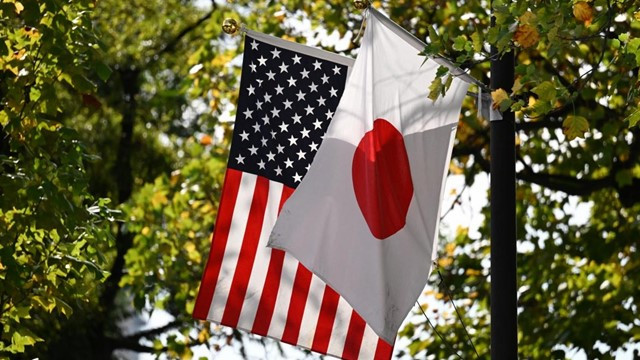
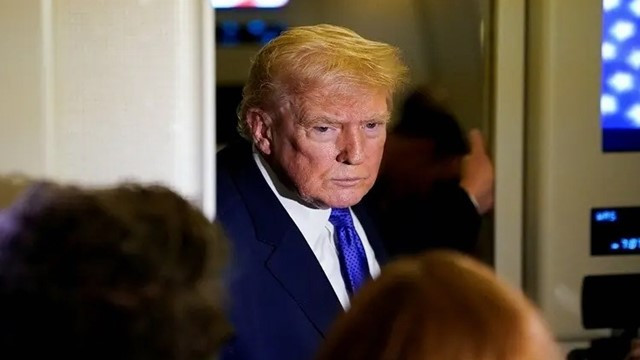

Comments Here: